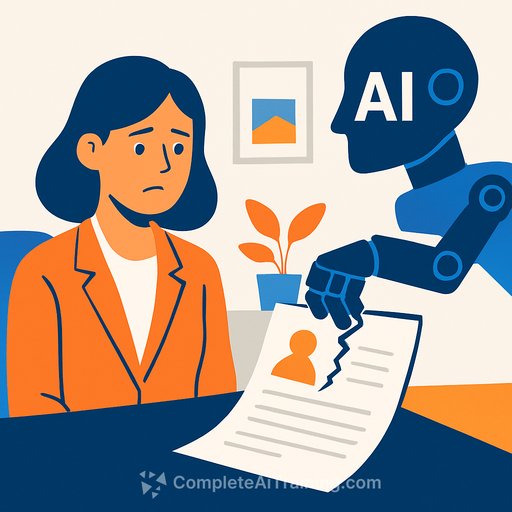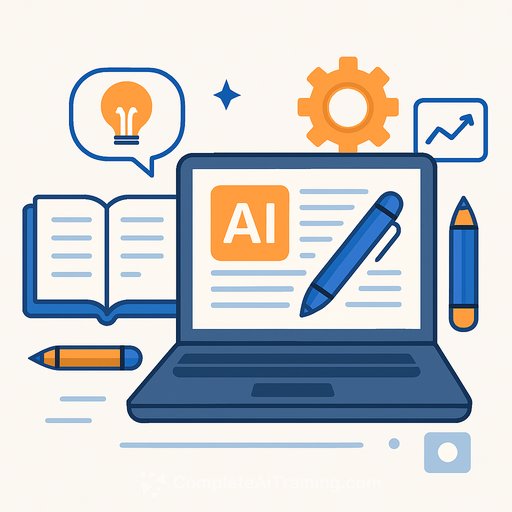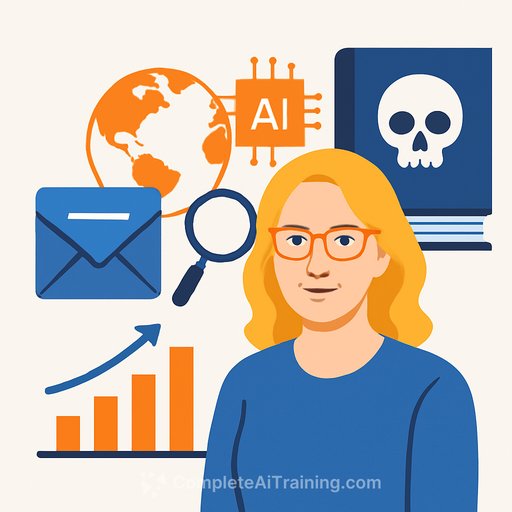The Risks of Using AI for Executive Resumes
AI-generated resumes have flooded the job market recently, but using AI to craft an executive or legal resume brings significant risks. These include ethical issues from inaccurate or copied content, generic writing, and repetitive jargon that fails to capture a candidate’s unique experience.
Many executives haven’t updated their resumes in years, often recycling outdated templates. They typically start from scratch when re-entering the job market, struggling to recall specific accomplishments. This lack of detailed personal data opens the door for AI tools to fill in the blanks with generic, impersonal responses.
For instance, an executive client once used AI to answer detailed career questions. The replies were robotic and broad, missing the nuances that truly defined his leadership. When compared to his actual story shared during a coaching call, the AI-generated answers fell short of showcasing his distinctive contributions.
Coaching revealed that AI overlooked essential details that helped shape a compelling narrative. Relying solely on AI-generated content would have led to a resume and LinkedIn profile that failed to reflect the client’s authentic value.
AI Can Help, But Has Limits
AI is useful for organizing ideas, brainstorming, or breaking through writer’s block. It can help with structured outlines or packing lists for trips. However, depending entirely on AI for executive resumes or responses to recruiters risks missing the personal insights that set leaders apart.
AI Lacks Human Voice and Context
When you input a question into AI tools, they pull from existing internet data without verifying facts. For general counsel resumes, for example, AI recycles generic skills and profile examples from publicly available sources. This results in content that’s basic and detached from your real experience.
Your LinkedIn profile is a public showcase of your career story and personal brand. AI-generated text often copies common phrases and lacks the specificity that interviewers expect. It won’t prepare you to answer detailed, scenario-based questions during executive interviews.
Executives Cannot Outsource Authenticity
AI-generated resumes won’t fool recruiters, CEOs, or boards. These decision-makers can detect generic or mismatched profiles easily. Plus, companies increasingly use software to identify AI-written resumes.
The bigger risk is the disconnect between the resume and the candidate. If you can’t discuss your achievements confidently in interviews, you risk damaging your reputation and closing doors to future roles. Taking shortcuts with AI in executive job searches can backfire.
Advice for Hiring Teams and Recruiters
Hiring professionals should focus on distinguishing candidates with genuine experience and storytelling from those relying on generic AI outputs. The challenge lies in separating rote skill lists from authentic leadership journeys.
For writers and career coaches, understanding these pitfalls is crucial to guiding executives away from overdependence on AI and toward crafting resumes and profiles that truly reflect their accomplishments.
For those interested in learning how to use AI tools effectively without losing authenticity, exploring courses at Complete AI Training can provide practical strategies tailored to your needs.
Your membership also unlocks:






